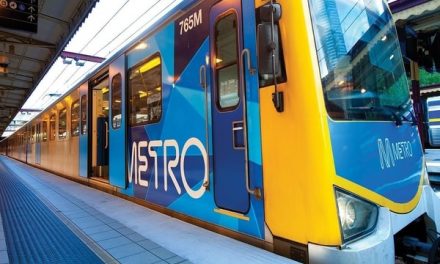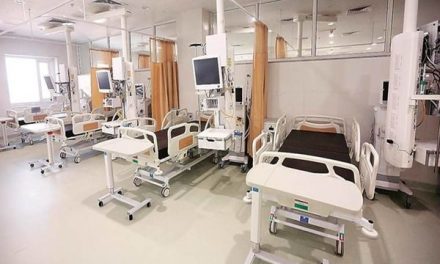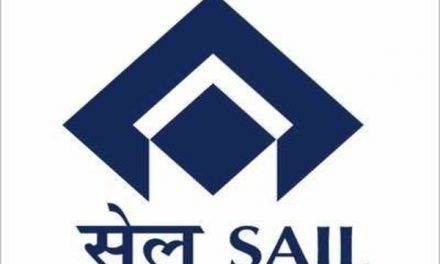From the coming financial year, both domestic and international air travel to become costlier, the Directorate General of Civil Aviation (DGCA), and aviation regulator, has decided to increase the Air Security Fee (ASF) from April 1.
According to the official order of DGCA, “Aviation Security Fee for domestic passengers will be levied at the rate of Rs 200 per embarking passenger. Aviation Security Fee for international passengers will be levied at the rate of US$ 12 or equivalent Indian Rupees embarking passenger. The new rates will be effective on tickets issued on or after April 1, 2021.”
It must be noted that the ASF is one of the components of air tickets which is used to fund the security arrangements across the country. The Central Industrial Security Force takes care of the security at most airports across India under the ministry of civil aviation.
“Aviation Security Fee for domestic passengers will be levied at the rate of Rs 200 per embarking passenger. Aviation Security Fee for international passengers will be levied at the rate of US$ 12 or equivalent Indian Rupees embarking passenger. The new rates will be effective on tickets issued on or after April 1, 2021,” the DGCA order dated March 19 stated.
However, kids under the age of two years, diplomatic passport holders, airline crew on duty, people travelling on official duty on aircraft operated by Indian Air Force, people on UN peacekeeping mission duty, passengers in transit, transfer, deporting an airport due to involuntary rerouting are exempted from paying ASF.
According to updates, the ASF rates have been revised after around six months. In September last year, the ASF for domestic flyers was increased by Rs 10 (to Rs160). For international passengers, it was increased to US$ 5.20 from US$ 4.85.
The revised ASF comes at a time the Indian aviation sector has been severely affected due to coronavirus pandemic and the international flights being closed since May last year. Though the domestic sector reopened on May 25, 2020, the flight capacity remains around 80% so far.











